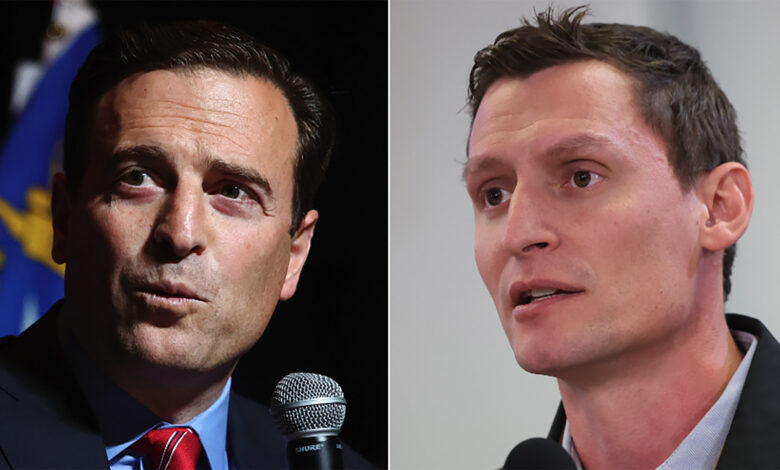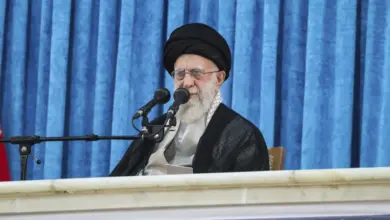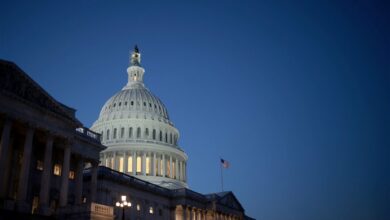
Control of the US Senate could hinge on Nevada and Arizona, two states where GOP victories could elevate some of the most prominent election deniers in the country even after other nominees who had amplified former President Donald Trump’s falsehoods about the 2020 election were rejected by voters in Tuesday’s midterm elections.
Those two western states – perpetual battlegrounds in presidential years – were still too early to call as of early Thursday morning, while a third Democratic-held seat, Georgia, will advance to a December runoff, CNN projects. Republicans need to pick off two Democratic seats to win the majority. As ballots continue to be counted across the country, Republicans appear to be slowly inching toward the 218 seats that would deliver them a House majority, albeit one that’s much narrower than they’d hoped.
The struggle for the Senate, however, is still full of unknowns – including whether it will all come down once again to Georgia after the Peach State delivered Democrats the majority in 2021 with victories in twin runoffs. It’s Nevada and Arizona that will determine how pivotal Georgia becomes.
Arizona Democratic Sen. Mark Kelly was maintaining an edge over Republican Blake Masters as of early Thursday morning, while Nevada Democratic Sen. Catherine Cortez Masto was trailing Republican Adam Laxalt. CNN had estimated late Wednesday that about 600,000 votes remained to be counted across the Grand Canyon State and about 160,000 votes remained to be counted in Nevada.
Nevada: Laxalt, the state’s former attorney general, was a co-chairman of Trump’s 2020 presidential campaign in the state and filed lawsuits attempting to overturn Nevada’s results in that election, which he said was “rigged.” Cortez Masto had argued that the lies and election conspiracy theories embraced by Trump and allies like Laxalt led to the attack on the US Capitol on January 6, 2021.
Arizona: Masters, a venture capitalist and first-time candidate, released a campaign video as he was competing for the GOP nomination in which he said he believed Trump had won the 2020 election. Masters, like Laxalt, clinched Trump’s endorsement.
After winning the Arizona Senate primary, Masters briefly appeared to back away from some of that extreme rhetoric – scrubbing his website, for example, of language that included the false claim that the election was stolen. In a debate with Kelly, he also conceded that he had not seen evidence of fraud that would have changed the outcome of the election. But the Republican nominee seemed to reverse course after receiving a phone call from Trump urging him to “go stronger” on election denialism, a conversation that was captured in a Fox documentary.




